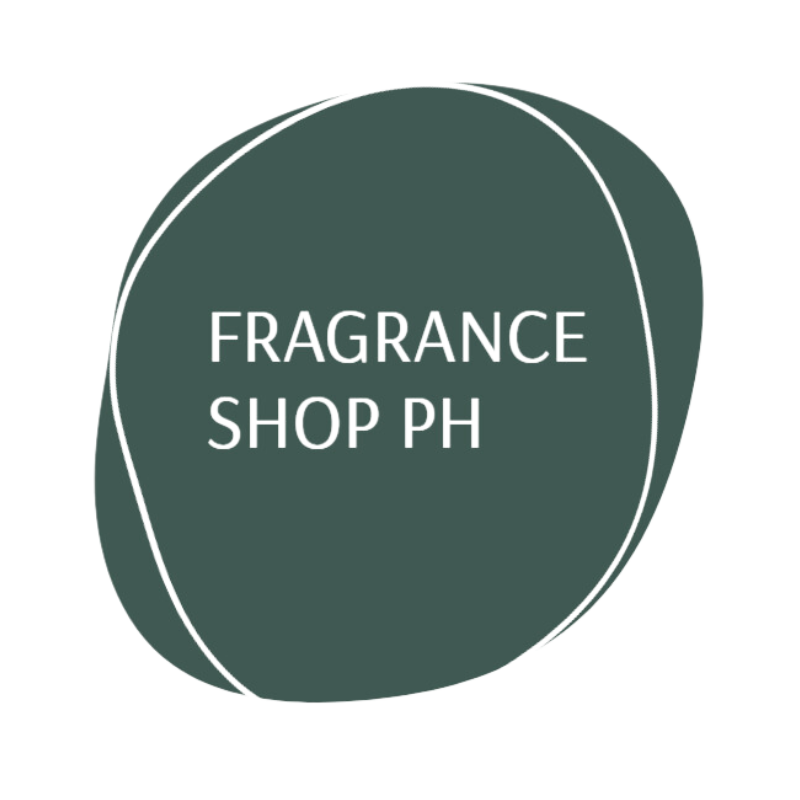When sourcing perfume supplies in the Philippines, businesses—from indie artisans to boutique brands—can face unique challenges. Navigating these pitfalls is essential for developing quality products, protecting profits, and building customer trust. Below is a comprehensive guide to the 5 Mistakes to Avoid When Sourcing Perfume Supplies in the Philippines, along with actionable tips and valuable resources to elevate your fragrance venture.
1. Overlooking Ingredient Quality Standards

Why This Matters
Your fragrance’s reputation is only as strong as its ingredients. Substandard oils, alcohols, or additives can lead to poor scent performance, skin irritation, or legal complications.
Common Missteps
- Trusting price over purity: Companies that offer suspiciously low prices likely use diluted or synthetic substitutes.
- Skipping lab reports: You may never know if your oils contain allergens, adulterants, or are mislabeled.
- Ignoring regulatory compliance: Philippine laws and ASEAN Cosmetic Directives require accurate ingredient declarations—non-compliance can incur fines or recalls.
How to Avoid It
- Vet suppliers thoroughly: Ask for Certificates of Analysis (COAs), MSDS, and third-party lab reports.
- Perform spot checks: Order small sample batches before committing to bulk.
- Stay informed on regulations: The ASEAN Cosmetic Directive (high-authority resource) is essential for regulatory compliance.
- Partner with accredited labs: If in-house testing isn’t viable, outsource to reputable facilities in Metro Manila or nearby provinces.
2. Failing to Verify Supplier Credibility

Why This Matters
A supplier might overpromise—claiming to be a major exporter, deliver pure essential oils, or guarantee on-time shipments—yet deliver otherwise.
Common Missteps
- Zero background checks: Businesses may rely solely on enticing sales pitches.
- Overlooking contract terms: Loose agreements can leave you vulnerable to poor pricing, quantity mismatches, or late delivery.
- Ignoring referrals and reputation: Even local feedback is vital in the Philippine business context.
How to Avoid It
- Check business registration: Confirm legitimacy through the Philippine Department of Trade and Industry (DTI) or Securities and Exchange Commission (SEC).
- Request client references: Especially from brands or perfumers in the same tier as yours.
- Review contracts meticulously: Define product specs, delivery schedules, liability clauses, and dispute resolution.
- Test small orders: A pilot run reduces risk and builds a working relationship.
- Neglecting Supply Chain Transparency
Why This Matters
Today’s consumers care deeply about sustainability, ethics, and traceability. A secretive or opaque supply chain can damage reputation and turn customers away.
Common Missteps
- Accepting vague sourcing claims: “Natural” or “eco-friendly” labels without origin proof are often misleading.
- Overlooking environmental practices: Suppliers may source from endangered ecosystems or forestlands.
- Ignoring labor conditions: Labor exploitation in essential oil farms (e.g. sandalwood, agarwood) has serious ethical implications.
How to Avoid It
- Demand origin stories: Ask for full documentation—country of origin, harvest date, processing methods, farm certifications.
- Choose ethical suppliers: Look for those with FSC, Fair For Life, Rainforest Alliance, or Ecocert certifications.
- Practice supplier audits: Fact-check claims via audits or by requesting proof such as images, site visits, or aggregator reports.
4. Misjudging Cost Structures & Hidden Fees

Why This Matters
Low headline prices may hide high shipping costs, customs fees, currency fluctuations, or minimum order requirements that damage budgets.
Common Missteps
- Ignoring all-in costs: Suppliers may quote only FOB price, excluding VAT, import duties, and PhilPost charges.
- Underestimating logistics: Poor packaging or shipping routes can lead to spoilage and damage, affecting shelf life.
- Minimizing currency risk: Sudden swings in the Philippine peso can alter final costs substantially.
How to Avoid It
- Request itemized pricing: FOB, sea/air freight, insurance, duties, VAT—all clearly spelled out.
- Understand local import processes: Ingredients may fall under excise or phytosanitary regulations.
- Compare shipping routes: Balance cost and delivery time. Consolidated shipping might be cheaper but slower.
- Negotiate better LOTs (Lots of Terms): Ask for price breaks after certain purchase volumes.
- Monitor currency rates: Use forward contracts or hedge if you regularly import.
5. Skipping Relationship-Building & Collaboration
Why This Matters
Strong partnerships unlock better pricing, co-development opportunities, priority access to rare ingredients, and valuable mutual trust.
Common Missteps
- Transactional partnerships: Viewing your supplier purely as a commodity source limits growth potential.
- No R&D engagement: Suppliers often have insights into new aroma trends, ingredient innovations, or stabilization techniques—but they’ll only share if invited.
- Frequent supplier switching: This undermines trust and may increase costs over time.
How to Avoid It
- Treat suppliers as partners: Ask about their roadmap, new product lines, innovations, and challenges.
- Invest in joint ventures: Sponsor small research batches to develop exclusive scent bases.
- Be consistent: Regular repeat orders build loyalty and leverage.
- Visit manufacturing sites: If feasible, schedule visits to farms or distributors—this reinforces transparency and deepens relationships.
In Summary
Avoiding these five key pitfalls will set your perfume business up for long-term success:
- Ingredient quality: Prioritize purity and compliance
- Supplier credibility: Vet and contract rigorously
- Supply chain transparency: Demand traceable, ethical sourcing
- True costs: Include all logistics, customs, and currency factors
- Partnership approach: Build collaborative, enduring relationships
By being thorough, analytical, and relational, your fragrance brand can not only stay compliant in the Philippines but also craft compelling, market-ready fragrances that resonate with discerning customers.
🔗 Further Resources & Links
- For comprehensive import and trade regulations, visit the ASEAN Cosmetic Directive—essential reading for anyone in regional cosmetics.
- Support your fragrance sourcing needs by exploring local retail and bulk supply options at our trusted partner, fragranceshop.ph—home to premium oils, base materials, alcohols, and packaging.
Pro Tips for Startup Fragrance Brands
- Start small: Test essentials through small-batch orders, perfecting scent and performance before scaling up.
- Build your own lab kit: Even a basic GC‑MS test service (Gas Chromatography–Mass Spectrometry) offers deep insight into ingredient profiles.
- Attend local events: Philippine fragrance meetups or trade fairs (like Philippine International Cosmetics & Beauty Expo) are great for discovering suppliers and networking.
- Use software tools: Inventory and ingredient traceability platforms help maintain regulatory compliance and company reputation.
🇵🇭 Local Perfume Supply Ecosystem
| Supplier Type | What to Look For | Expected MOQ | Lead Time |
| Essential oil farms | Fair-trade, certified, sustainable sourcing | 1 kg+ | 2–4 weeks |
| Aroma chemical distilleries | MSDS, purity reports, FLAVOR-AND-AROMA-GRADE | 5 kg+ | 3–6 weeks |
| Perfumer’s blends | Custom R&D services, fragrance artistry | 10+ pieces | 2–8 weeks |
| Packaging specialists | Bottles, atomizers, wicking, design licenses | 500+ units | 3–5 weeks |
Use the table as a quick strategic compass for chaining up the right supply partners as your brand evolves from concept to market.
Final Word
Crafting a signature perfume brand in the Philippines isn’t just about buying ingredients—it’s about forging quality, relationships, and brand integrity. By avoiding these five common mistakes, you lay the groundwork for a scent-forward venture that’s ethical, compliant, and uniquely yours.
If you’d like support sourcing bottles, caps, or natural aromatics, explore fragranceshop.ph for curated solutions. Ready for refine your scent story? I’d love to chat more—feel free to ask!

